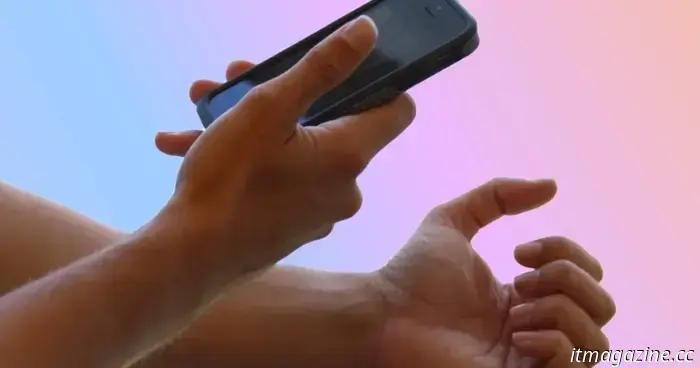
An AI application captures a selfie of a nail to identify a blood condition that impacts billions of people.
Nearly two billion individuals worldwide are affected by a blood disorder known as anemia. Those with anemia have an insufficient number of red blood cells or hemoglobin (Hgb) protein, leading to decreased oxygen transport capacity.
Chronic anemia can result in severe health complications, including heart attacks and organ damage, with pregnant women facing a particularly elevated risk. Until now, diagnosing anemia has necessitated a trip to the clinic for tests like CBC blood tests, hemoglobin and hematocrit analysis, or peripheral blood smear examinations.
What if you could take a selfie of your nails, and an AI-enabled app could inform you if you have anemia? This is precisely what researchers at Chapman University have created. The mobile app offers a non-invasive and straightforward option for checking for signs of anemia with a high level of accuracy.
Does it truly work?
Nature Communications
The app has assisted over 200,000 users throughout the United States and performed over one million tests as part of a medical study. According to the developers, the app can function as a highly scalable and accessible tool for anemia surveillance.
The researchers found that their app achieved “accuracy and performance that align with gold standard laboratory testing, with sensitivity and specificity rates of 89% and 93%, respectively.” Additionally, the app provides an AI-driven personalization feature for individuals already diagnosed with anemia.
After personalizing the app, the error rate significantly decreased. A user-friendly digital tool like this enables hundreds of millions of patients to monitor their Hgb levels routinely and instantly, without the need for clinic visits or costly blood tests.
In 2020, Sanguina also introduced an app called AnemoCheck aimed at individuals with chronic anemia. At that time, the company indicated it was not seeking regulatory approval for the app, viewing it more as a lifestyle solution. A comparable app was evaluated for public health services in India two years ago and was found suitable for screening.
What is the primary advantage?
Nature Communications
The researchers at Chapman University emphasized that this app is not intended to replace proper medical testing nor is it meant for self-diagnosis. Instead, it acts as an alert system that informs users if they should seek medical advice, particularly if they notice a deterioration in their pre-existing condition.
“The app is especially beneficial for those with chronic anemia, such as patients with kidney disease or cancer, who frequently need monitoring,” the team stated. In fact, enabling the app’s personalization feature increased accuracy by up to 50% among the targeted user group.
The main objective is to facilitate self-monitoring and enable early interventions by healthcare professionals, eliminating the need to wait for lab results. Notably, the app’s built-in geolocation capability has allowed the creation of what the team refers to as “the first county-level anemia prevalence map in the U.S.”
The experts behind this initiative are optimistic that the app can enhance public health efforts by enabling widespread anemia screening alongside regional mapping. More information about the project can be found in the Proceedings of the National Academy of Sciences (PNAS) journal.


Other articles
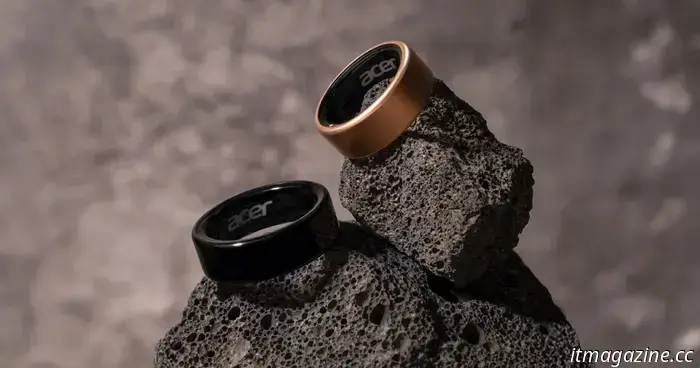 Acer is developing a smart ring and approaching it in the right manner.
Acer has introduced a quite comprehensive smart ring named FreeSense. It has an attractive design and, fortunately, does not impose any subscription fees on customers.
Acer is developing a smart ring and approaching it in the right manner.
Acer has introduced a quite comprehensive smart ring named FreeSense. It has an attractive design and, fortunately, does not impose any subscription fees on customers.
 Ralph Fiennes has been cast as President Snow in The Hunger Games: Sunrise on the Reaping.
Fiennes is becoming part of a talented ensemble that features Maya Hawke, Jesse Plemons, and Kelvin Harrison Jr.
Ralph Fiennes has been cast as President Snow in The Hunger Games: Sunrise on the Reaping.
Fiennes is becoming part of a talented ensemble that features Maya Hawke, Jesse Plemons, and Kelvin Harrison Jr.
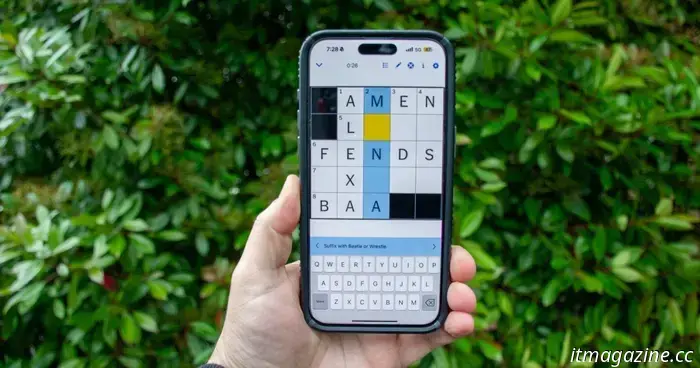 NYT Mini Crossword today: solutions for the puzzle on Sunday, May 18.
NYT Mini Crossword today: solutions for the puzzle on Sunday, May 18.
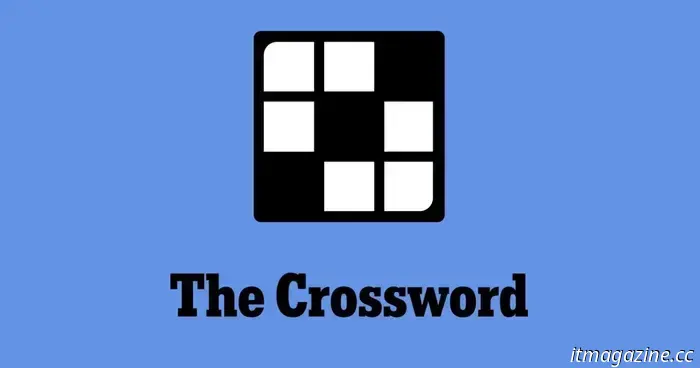 NYT Crossword: solutions for Sunday, May 18
NYT Crossword: solutions for Sunday, May 18
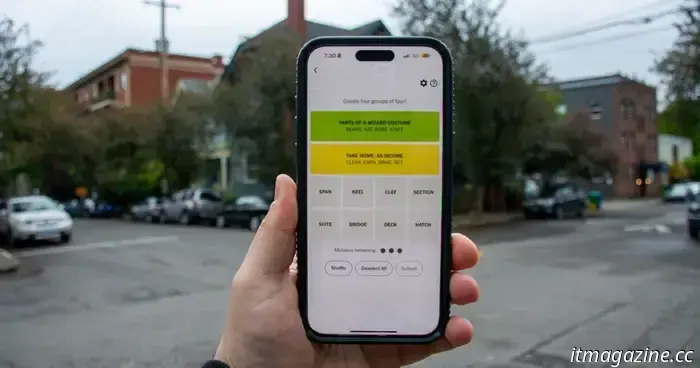 NYT Connections: clues and solutions for Sunday, May 18
NYT Connections: clues and solutions for Sunday, May 18
 Murderbot: Chris and Paul Weitz discuss effective strategies for adapting books into films.
In an interview with Digital Trends, Chris and Paul Weitz discuss the adaptation of Murderbot into a sci-comedy for Apple TV+.
Murderbot: Chris and Paul Weitz discuss effective strategies for adapting books into films.
In an interview with Digital Trends, Chris and Paul Weitz discuss the adaptation of Murderbot into a sci-comedy for Apple TV+.
An AI application captures a selfie of a nail to identify a blood condition that impacts billions of people.
Specialists at Chapman University have created a mobile application that requires images of nails to identify indicators of anemia, a recognized blood disorder, with great precision.
